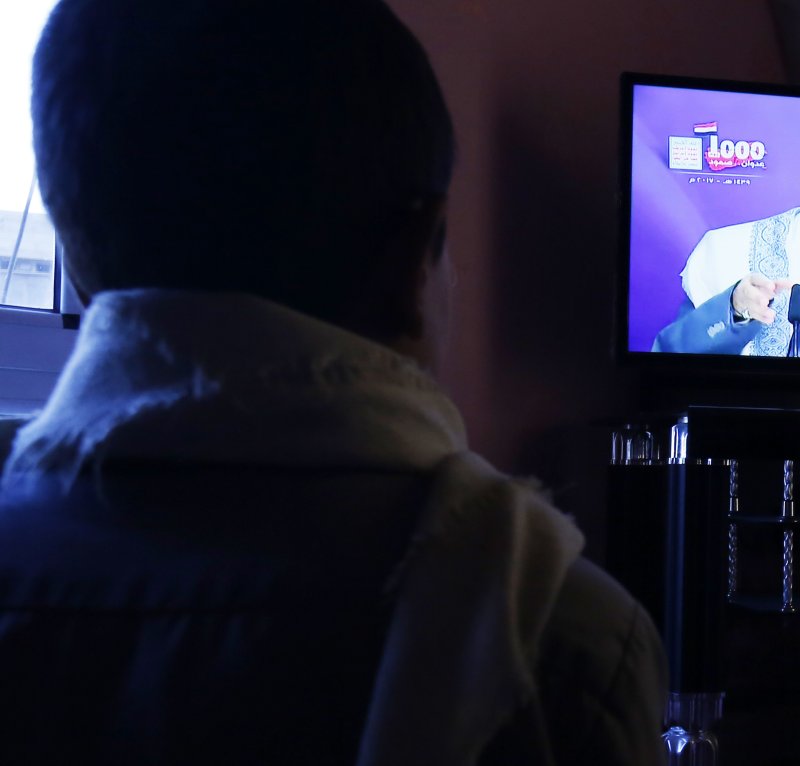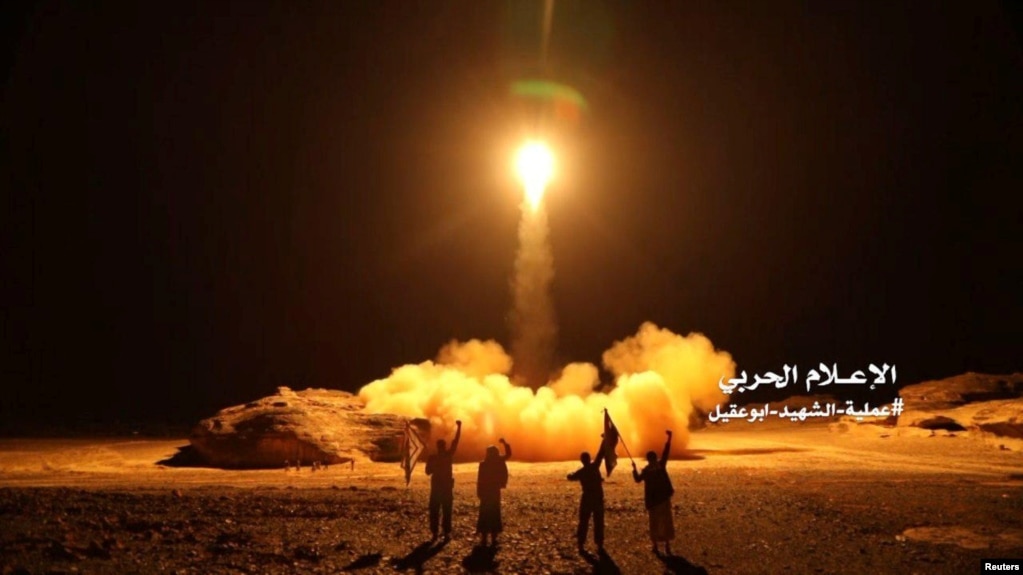Annie
Diamond Member
- Nov 22, 2003
- 50,848
- 4,828
- 1,790
There may be upside here from democratic reforms in Iraq, but I'm not totally sold on the idea:
http://www.ornery.org/essays/warwatch/2005-01-30-1.html
http://www.ornery.org/essays/warwatch/2005-01-30-1.html
The Saudi Problem
Saudi Arabia occupies the Holy Land of Islam -- one could say it's the Muslim Vatican, but with oil.
But the Saudi government is not just Muslim -- it's Wahhabist. This is a fanatical sect that preaches holy war and the violent enforcement of Muslim law on believers and unbelievers alike.
The only difference between the Saudi government and Al Qaeda is that Al Qaeda rejects cooperation with the West, while the Saudis think the more effective path is to cooperate with the West on the surface while proselytizing for Wahhabism, preaching hate for and murder of all opponents of Wahhabist ideology.
Their ultimate goal is identical, and even the methodology they preach is the same. They differ only on timing and openness.
*
Saudi Subversion in America
Freedom House, which monitors the state of freedom in all countries, with particular emphasis on religious and press freedom (without which, of course, there is no freedom at all), has taken on the project of monitoring Saudi government publications that are disseminated abroad.
Their 89-page report, "Saudi Publications on Hate Ideology Fill American Mosques" (as summarized by Katherine Clad in the Washington Times of 29 January 2005), accuses the Saudi government of "telling Muslims to hate Christians and Jews and to kill any Muslim who converts to another religion."
This comes from translations of Saudi government literature collected from American mosques during the past year.
Muslims are encouraged to "behave as if on a mission behind enemy lines."
[...]


